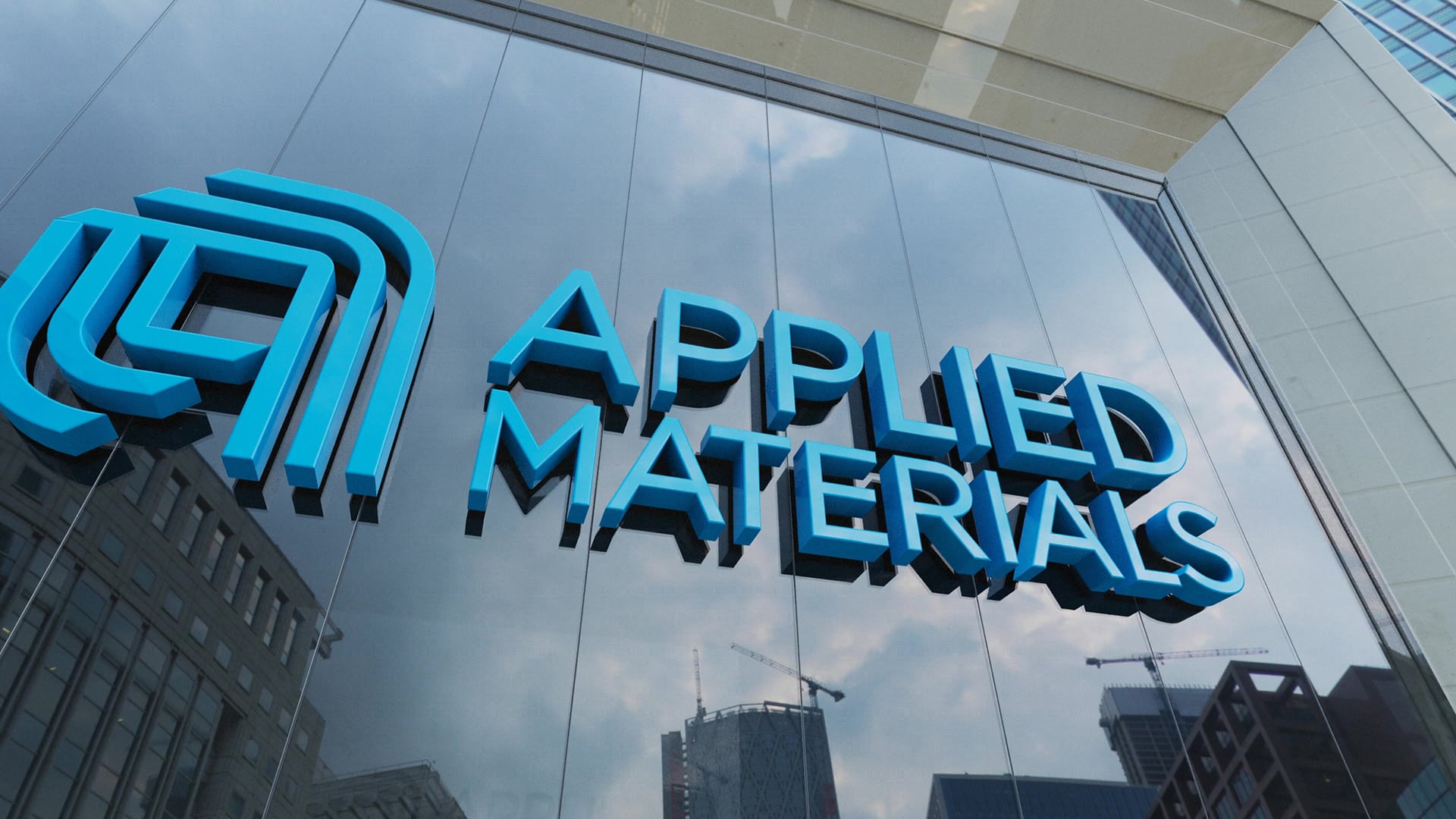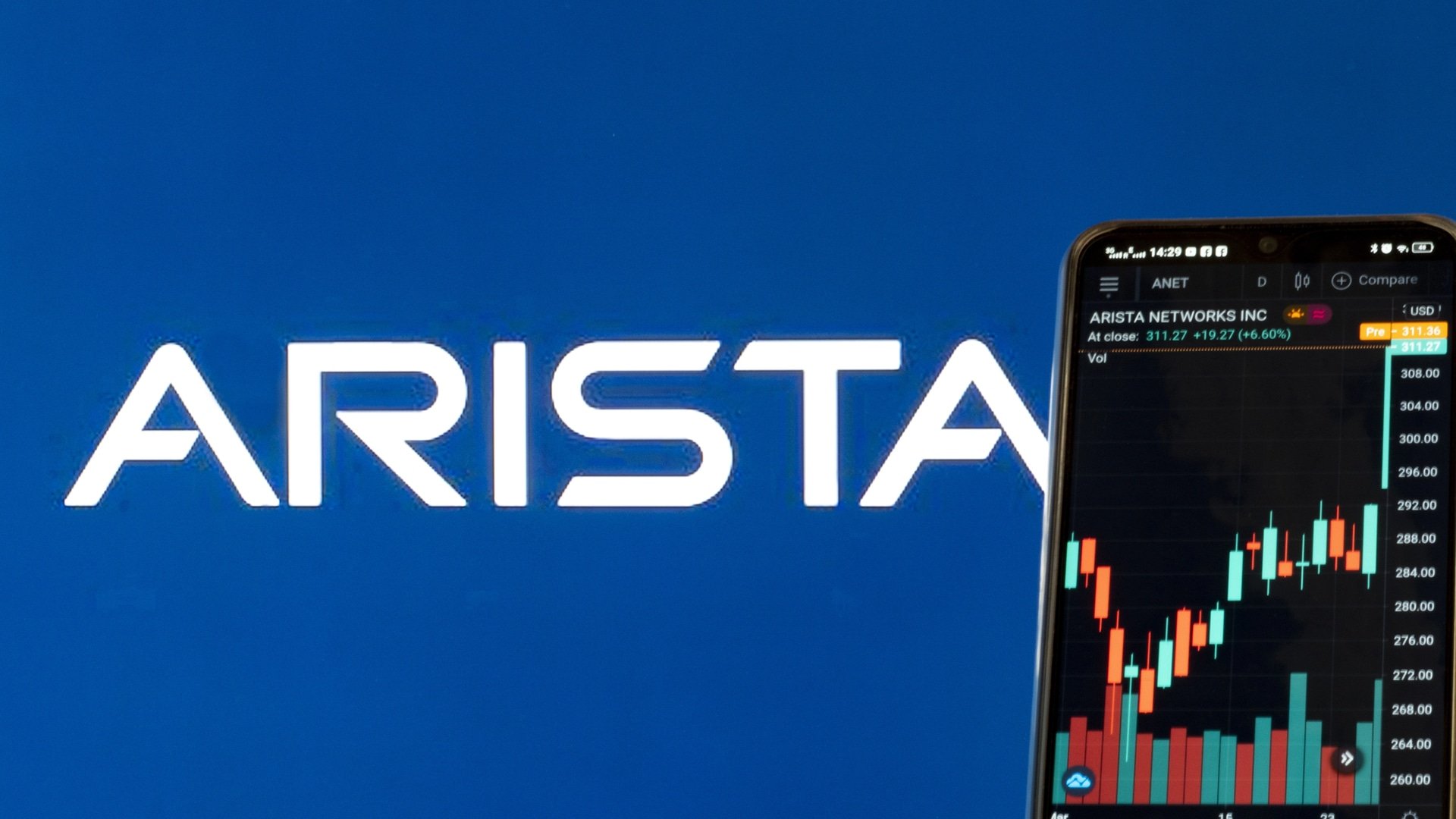Exotel, a provider of cloud-based telephony services in India, has acquired fellow Indian communications platform and artificial intelligence (AI) chatbot developer Cogno AI, in a cash-and-stock deal aimed at expanding the growing company’s customer engagement services.
Financial terms of the transaction were not disclosed, but the new deal marks the second acquisition for Exotel following the buyout in June of Ameyo, a contact center solution provider from Northern India. Then, in September, Exotel brought in fresh capital by raising $35 million in a Series C funding round, bringing its total new investment to $55 million.
With the purchase of Cogno AI, Exotel is adding conversational AI capabilities to its telephony product suite, which the company says powers 25 million calls daily for more than 6,000 firms spread across India, Southeast Asia, and the Middle East & Africa. The conversational AI features in the Cogno AI platform include an omnichannel chatbot, live chat, co-browsing with video calling, and ticketing software.
The combined offering will be the first of its kind in the emerging market, Exotel executives say, allowing enterprises to engage with customers across channels, processes, and devices to enhance omnichannel journeys.
“Distributed workforce, adoption of digital channels, and conversational AI are clear trends in the customer engagement space,” said Shivakumar (Shivku) Ganesan, CEO and co-founder of Exotel. “This acquisition puts Exotel ahead of the market by offering an AI-powered customer engagement platform on the cloud to its customers.”
The merged entity uniting the three companies is expected to generate $50 million in annual recurring revenue (ARR)—the business metric calculating revenue that can be expected through yearly subscriptions—with the goal of hitting $200 million within the next three years, according to the Exotel press release.
Author Information
Alex is responsible for writing about trends and changes that are impacting the customer experience market. He had served as Principal Editor at Village Intelligence, a Los Angeles-based consultancy on technology impacting healthcare and healthcare-related industries. Alex was also Associate Director for Content Management at Omdia and Informa Tech, where he produced white papers, executive summaries, market insights, blogs, and other key content assets. His areas of coverage spanned the sectors grouped under the technology vertical, including semiconductors, smart technologies, enterprise & IT, media, displays, mobile, power, healthcare, China research, industrial and IoT, automotive, and transformative technologies.
At IHS Markit, he was Managing Editor of the company’s flagship IHS Quarterly, covering aerospace & defense, economics & country risk, chemicals, oil & gas, and other IHS verticals. He was Principal Editor of analyst output at iSuppli Corp. and Managing Editor of Market Watch, a fortnightly newsletter highlighting significant analyst report findings for pitching to the media. He started his career in writing as an Editor-Reporter for The Associated Press.








